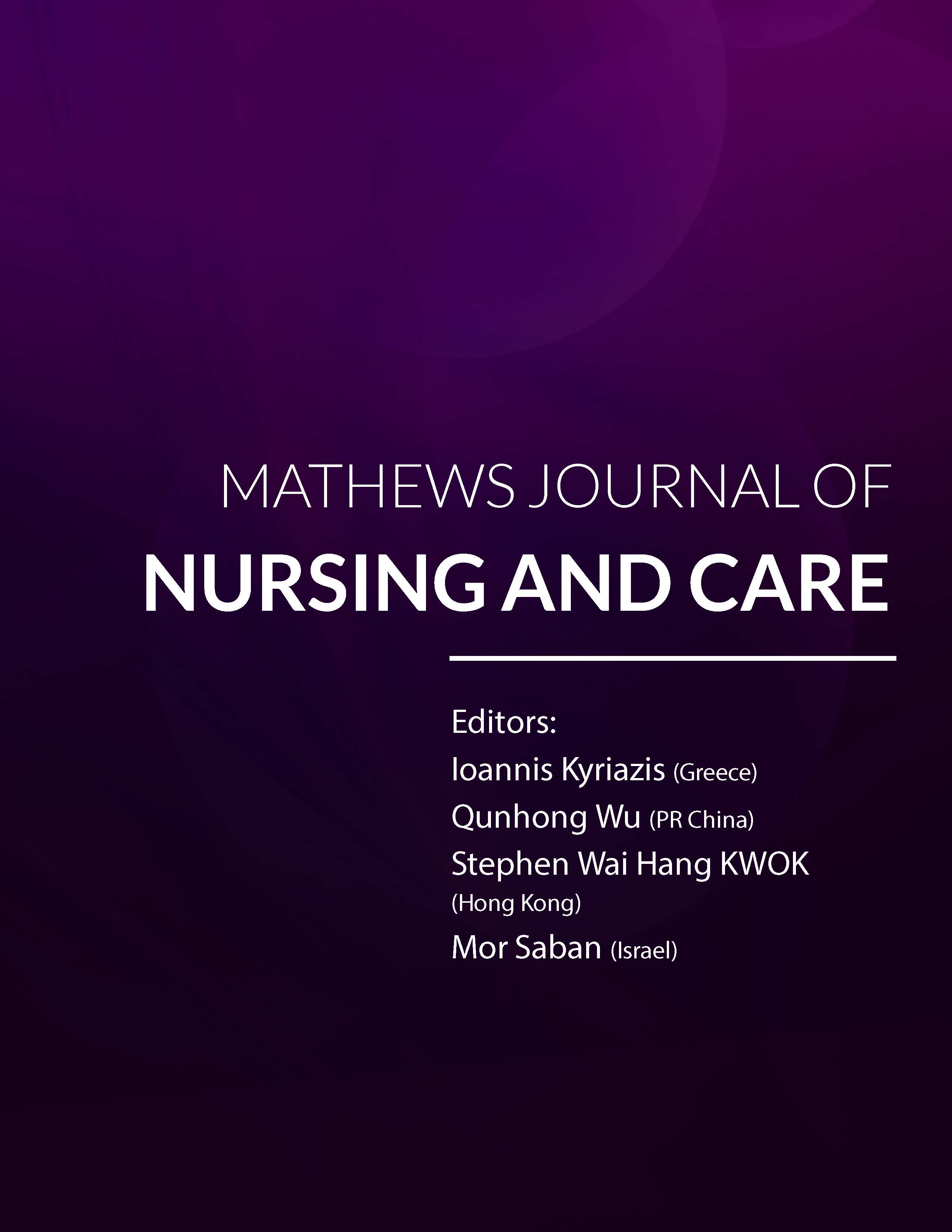
Information Links
Previous Issues Volume 4, Issue 1 - 2022
Utilizing Music Therapy during an Exercise Program to Reduce Blood Pressure and Depressive Symptoms in Adult Patients with Cardiovascular Diseases
Joan Katherine Maldonado-Resto
Marybelle and S. Paul Musco School of Nursing and Health Professions, Brandman University, Irvine, California
Corresponding author: Joan Katherine Maldonado-Resto, Marybelle and S. Paul Musco School of Nursing and Health Professions, Brandman University, Irvine, California. Tel: 949-341-9800; Email: [email protected]
ABSTRACT
Cardiovascular disease (CVD) is the leading source of morbidity and mortality in the United States (U.S.) and worldwide (American Heart Association [AHA], 2017). Emphasis should be placed on modifying risk factors that can potentiate the development and/or progression of CVD. Healthcare providers should consider addressing the physiological and psychological components of these individuals. Music interventions have been utilized in the past to reduce blood pressure and depression symptoms. This quasi-experimental project evaluated the effect of music therapy during an exercise program on blood pressure and depression scores utilizing the Patient Health Question-9 (PHQ-9) scale in adult hypertensive patients with CVD and moderate- severe depression. The sample consisted of 11 adult male and female patients between the ages of 18-65 in a private cardiology practice in rural Maryland. A paired sample t test was utilized to assess the significance of a decrease in average systolic and diastolic blood pressures and PHQ-9 depression scores before and four-weeks after the intervention. The t test revealed that the average systolic blood pressure decreased pre versus post-intervention from 120.4 (SD=12.4) to 116.4 (SD=9.5). Average diastolic blood pressure decreased by a smaller amount from 75.6 (SD=7.2) to 74.0 (SD=7.0). Depression decreased significantly following the intervention from an average PHQ-9 score at baseline of 13.8 (SD=3.3) to 5.7 (SD). Reducing blood pressure and depression scores utilizing music therapy during an exercise program in patients with CVD can potentially reduce myocardial infarctions (MIs) and cardiovascular events.
Keywords: music therapy, hypertension, depression, cardiovascular disease